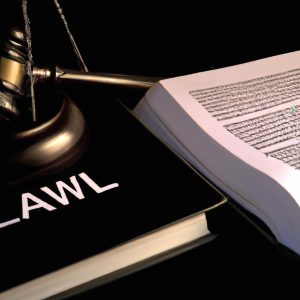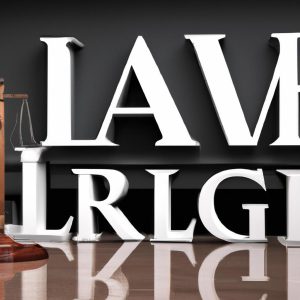How to Choose an Executor for Your Estate in New York
Regarding estate planning in New York, one of the most critical decisions you’ll make is choosing the right executor for your estate. An executor is responsible for managing your affairs after your passing, including distributing assets, settling debts, and ensuring your final wishes are carried out. At Morgan Legal Group in New York City, we understand the importance of this choice, and in this guide, we’ll provide valuable insights into how to choose an executor for your estate.
Understanding the Role of an Executor
An executor, also known as a personal representative, is a person or institution appointed in your last will and testament to administer your estate. Their duties typically include:
- Gathering and managing assets
- Paying outstanding debts and taxes
- Distributing assets to beneficiaries
- Overseeing the probate process (if applicable)
- Resolving any disputes or legal matters
Factors to Consider When Choosing an Executor
Selecting the right executor requires careful consideration of various factors:
1. Trustworthiness
Your executor should be someone you trust implicitly, as they will have access to sensitive financial and personal information. Consider individuals with a history of honesty and reliability.
2. Knowledge and Skills
Look for an executor who has a good understanding of financial matters, tax laws, and the probate process. While not mandatory, these skills can be highly beneficial.
3. Availability and Location
Choose someone who is geographically accessible and available to handle the responsibilities of executorship. Executors often need to attend court hearings and manage estate matters in person.
4. Impartiality
Consider whether the executor can remain impartial and fair when dealing with potential beneficiary conflicts. If neutrality is a concern, family members may not always be the best choice.
5. Age and Health
Ensure that your chosen executor is of an appropriate age and in good health. Appointing someone significantly older or in poor health may lead to complications in the future.
6. Financial Responsibility
Your executor should be financially responsible and organized, as they must manage and account for estate assets, including paying bills and taxes.
Steps to Take When Choosing an Executor
Once you’ve identified potential candidates, follow these steps to select the right executor:
1. Have Open Conversations
Talk to the individuals you’re considering and ensure they are willing to take on the responsibilities of executorship. Discuss your expectations and provide details about your estate and final wishes.
2. Consider Professional Executors
If you don’t have a trusted friend or family member who meets all the criteria, you can appoint a professional executor, such as a lawyer or financial institution. They offer expertise and impartiality but may charge fees for their services.
3. Choose Alternate Executors
It’s a good practice to name an alternate executor in case your primary choice is unable or unwilling to serve when the time comes.
4. Consult with an Attorney
Estate planning attorneys can provide valuable guidance in selecting an executor and ensuring your choice aligns with New York’s legal requirements.
5. Update Your Will as Needed
Keep your will up-to-date, especially if there are changes in your executor’s availability or circumstances. Review your will periodically to ensure it accurately reflects your wishes.
Consult Morgan Legal Group for Estate Planning Needs
Choosing the right executor is a crucial step in your estate planning journey. At Morgan Legal Group, our experienced attorneys specialize in estate planning and can assist you in making informed decisions about your executor and other critical aspects of your estate plan.
Contact us today to discuss your estate planning needs and ensure that your affairs are handled according to your wishes.







